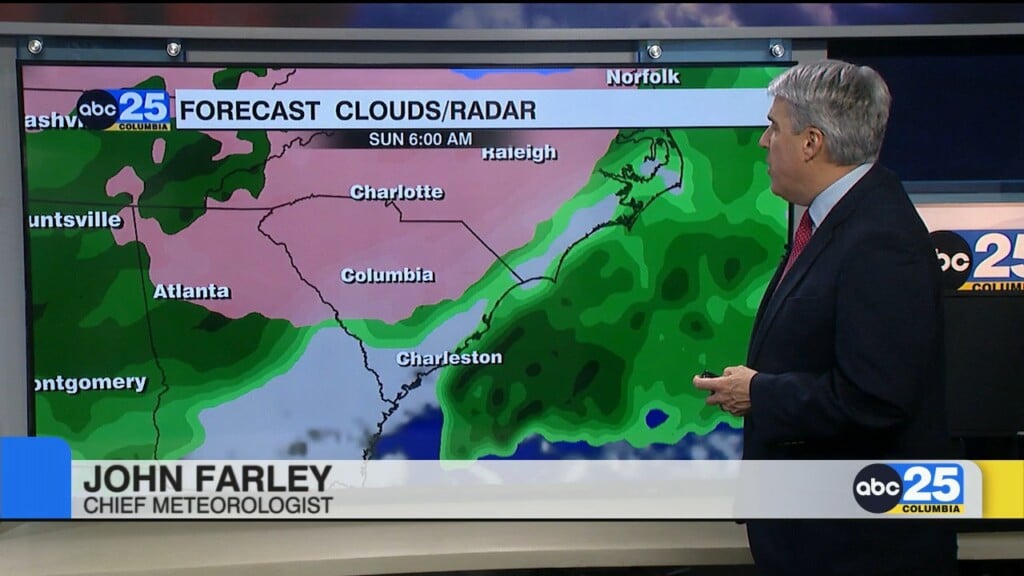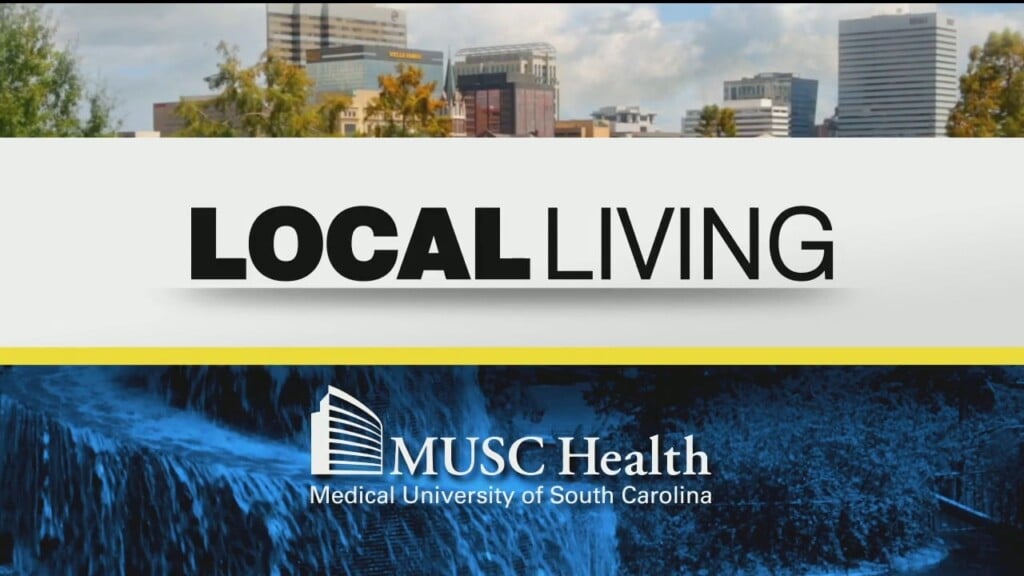Director for SC Dept. of Juvenile Justice discusses issues, funding needed for improvements
COLUMBIA, SC (WOLO) — The Governor’s Juvenile Justice Advisory Council met this morning to begin building their three-year plan to promote children and youth services, juvenile justice, and delinquency prevention tactics across the state.
Council Chair John Holler says intervention is key, and the better that all children and youth services work, the less costly it is for families and for the state.
“What we try to do is look at the landscape of how we serve young people, and then advise the governor’s office on ways the child serving system and family serving system can be improved,” says Holler.
That includes the South Carolina Department of Juvenile Justice, whose Executive Director Eden Hendrick also serves on the council.
Hendrick says a new $20 million long term mental health care facility for youth in the juvenile justice system is now in the design phase, with construction to begin in 2025.
The “psychiatric residential treatment facility” will be located on Farrow Road near Crafts-Farrow State Hospital.
According to Hendrick, the need rose after public treatment facilities aimed at helping youth were shut down in 2015, limiting the amount of long-term mental health care available.
But Hendrick believes more must be done — and will request funding from the state legislature for other new facilities, renovations to existing buildings, more competitive salaries for psychologists, better technology, and increased funding for teen after-school centers.
“It’s a good investment for the state because the more you invest in juvenile justice and in preventative services, the less you have to spend on the long end. Incarcerating youth and incarcerating adults is expensive. So if we’re actually able to fix them in our system, it is better for the state as a whole. But even if we get that money, it’s still a very long process to go through that process to create that technology, get those buildings built, all those things, and really right now the biggest option we’re facing is staffing trouble,” says Hendrick.
She believes understaffing has been exacerbated by overcrowding at detention centers, after not only the Greenville Juvenile Justice Center closed, (leaving Alvin S. Glenn in Columbia and the Charleston facility) but a law known as “Raise The Age” mandated that certain crimes committed by 16 and 17-year-olds that were once tried as an adult, are now part of the DJJ system.
“It’s very difficult because along with these increased gun charges and violent crimes we are also seeing youth with increased mental health needs in this facility. And that is a tremendous issue that we’re trying to work with mental health on the front end before they’re ever committed to DJJ,” says Hendrick.
These requests will be made at a State House meeting next Wednesday.


